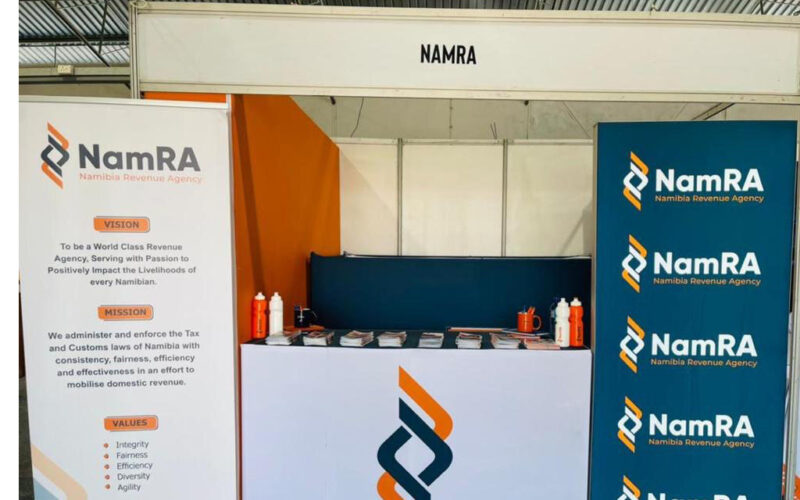Niël Terblanché
Importing goods from non-Southern African Customs Union (SACU) member states into Namibia involves a series of procedures and regulations governed by the Customs and Excise Act, 1998 (Act No. 20 of 1998).
In a notice, the Namibian Revenue Agency said regulations aim to ensure transparency, tax compliance, and adherence to health and environmental standards.
Navigating these importation procedures is crucial for ensuring compliance with Namibia’s customs regulations and fostering trade while protecting public health and the environment.
Importers and travellers are encouraged to familiarize themselves with these regulations to facilitate smooth and lawful importation processes.
Importation of Commercial Goods
In accordance with the Customs and Excise Act (section 40(2)(e)), commercial goods valued at N$500 or more that attract duties as per Schedule 1 must be paid upon importation into SACU. For example, when importing dry wild berries (eembe) or bird plum (scientific name: berchemia discolor) under HS code 0813.40.00 for commercial purposes from outside SACU, the importer is subject to a 10 percent general rate of customs duty. Informal traders, however, must pay the normal rate of 10 percent customs duties and 16.5% value-added tax (VAT) or opt for a 20% flat rate based on the imported goods’ value.
Customs duties and VAT rates vary across different commodities. Notably, staple foods such as millet, maize, and wheat enjoy duty-free status and are zero-rated for VAT, regardless of their origin. Importation of mahangu/beans has also been eased, allowing small-scale importers to bring in 250 to 500 kg per person per month for commercial use and 200 kg per person for personal use. Phytosanitary requirements are exempted within a 60km radius, though customs duty still applies to eembe imports.
Importation of Motor Vehicles
Importing motor vehicles into Namibia requires several documents, including a tax invoice, SARPCO (Police) clearance certificate, export documentation, de-registration documentation, vehicle registration certificates, and SAD 500 documentation. Importantly, the vehicle should not be older than 12 years to meet regulatory standards.
Importation of Second-Hand Clothing
For the importation of second-hand clothing under HS code 6309.00.17, the following documents are essential: an Import Permit from the Ministry of Industrialization and Trade (MIT), export documentation, and a fumigation certificate from the exporting country. Additionally, SAD 500 documentation is required for customs clearance.
Importation of Foodstuff, Cigarettes, and Alcohol
Certain products face non-compliance with health regulations due to factors such as unclear expiry dates, composition (ingredients), and lack of an English version. YES cigarettes, for example, lack health warning signs. When importing such goods, careful attention to health standards is imperative.
Importation of Firewood for Commercial Purposes
The importation of firewood for commercial purposes is governed by the Convention on International Trade in Endangered Species of Wild Fauna and Flora (CITES) and the Environmental Management Act, 2007 (Act No. 7 of 2007). Importers must possess an export permit, import permit, phytosanitary certificate, and SAD 500 documentation. Transport and harvesting permits are required locally.
It’s essential to note that VAT applies to firewood imports. Certain tree species, including Camel thorn, Baobab, Worm cure, Zambezi teak, Mopane, Leadwood, Marula, and Tambuti, are protected, and their trade is regulated.
Importation for Non-Commercial Purposes (Duty-Free Allowances)
The Customs and Excise Act provides duty-free allowances for goods imported by immigrants, tourists, returning residents, and other passengers for personal use, up to the value of N$5,000. This rebate is applicable once per person within a 30-day period and does not apply to goods imported by individuals returning after an absence of less than 48 hours. Goods exceeding N$5,000 in value are subject to a 20% flat rate.
To facilitate the assessment of duties and taxes on goods exceeding the duty-free allowance, a baggage declaration form (NA305) must be completed when returning after an absence of at least 48 hours.




